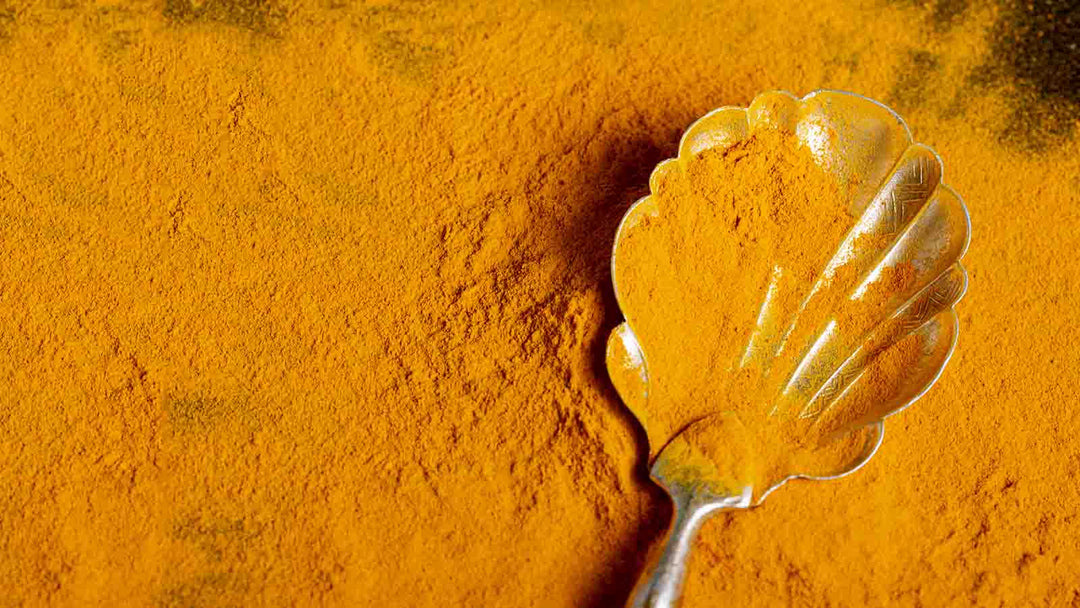Hair fall and hair loss are touchy subjects for people of all ages and genders. But did you know that people suffering from psoriasis are more likely to experience mild-to-severe hair loss? In this blog, let's deconstruct the relationship between psoriasis and alopecia and whether the latter is a direct outcome of the disease.
What’s Alopecia?
In two simple words, alopecia refers to hair loss. Hair abnormalities like thinning, balding, and shedding are commonplace. Although the word ‘alopecia’ is strongly associated with baldness, Alopecia is a medical condition that results in rapid loss of hair and is known to strike without a definitive cause. Alopecia Areata, also dubbed as AA, causes hair to fall out in clumps resulting in bald patches. It's the most common form of hair loss whereas severe forms of this condition like Alopecia Totalis and Alopecia Universalis lead to loss of hair on a larger scale.
Alopecia Areata is an autoimmune disease wherein our own hair follicles are attacked by our body’s immune system.

The hair loss struggle
The struggle of balding people everywhere is the same. You may have lost a little coin sized bit of hair on the crown or you have a full-blown desert going all around your skull with a sprinkling grassy meadow to indicate you once had a full head of hair. It's always a difficult experience, and even more so as a psoriasis patient.
Although not contagious, Alopecia is still a disease and there’s not much we can do about it. Because, apart from looking older than your years, you are pretty much a healthy individual.
Despite the best efforts of doctors, there’s so far no cure for hair loss or AA. You can choose coping mechanisms, indirect medications (that prevent the immune system from attacking hair follicles) or opt for holistic treatment methodologies like herbal and alternative medicine to encourage regrowth of hair. But none of these are guaranteed plans to reverse hair loss.
For some people, choosing to not go for any treatment is a remedy in itself since lost hair may grow back on its own or never.
What’s the connection between psoriasis and alopecia?
Psoriasis patients have been known to suffer from Alopecia. However, there is still a lot to be said about the connection between Psoriasis and Alopecia. It is true that psoriasis patients are more at risk of being afflicted by Alopecia. But on the other hand, the evidence is strong that the medications used to treat psoriasis are directly responsible for hair to fall out instead of the disease itself.

Scalp Psoriasis and Hair loss
People suffering from scalp psoriasis may be more susceptible to suffer from hair loss. But this may not be alopecia areata rather a temporary loss of hair loss due to itching and scaling in the scalp. Treating the scalp psoriasis and going the extra mile to care for hair follicles may reduce temporary hair loss due to scalp psoriasis.
Psoriatic Alopecia: Is it a thing?
There has been a long standing debate about whether Psoriatic Alopecia is a real condition or just an outcome of the disease and subsequent treatment. The question of whether AA is triggered specifically in psoriasis patients still requires significant study to know for sure. The two conditions may appear independently in a person suffering from both. Otherwise, a temporary loss of hair may show up due to psoriasis of the scalp.
The answer:
“Psoriatic Alopecia” is typically witnessed in lesional skin. The treatments for psoriasis are mainly seen as triggers for Alopecia. The concluding answer to the question about whether psoriasis can cause alopecia is that scalp psoriasis patients are more prone to hair loss, not necessarily AA. In case of severe scalp psoriasis, there may be a possibility of permanent hair loss and there is a need to take precautionary care measures to minimize the damage caused by friction and medication on the hair follicles. In the case of whether Psoriatic Alopecia is a thing or not, we cannot say for sure unless there’s more study available.
Conclusion
Psoriasis is tough on your skin and body, especially if you are going through rigorous treatment plans. Whereas hair care requires delicate attention, regular maintenance, and a stress-free environment. Mild to severe hair fall is thus evidently an outcome of these two opposing factors. Severe flare-ups can be difficult for your hair follicles which is why you need to avoid triggers, invest in self-care, and opt for soothing, natural products that alleviate symptoms over harsh medication.







